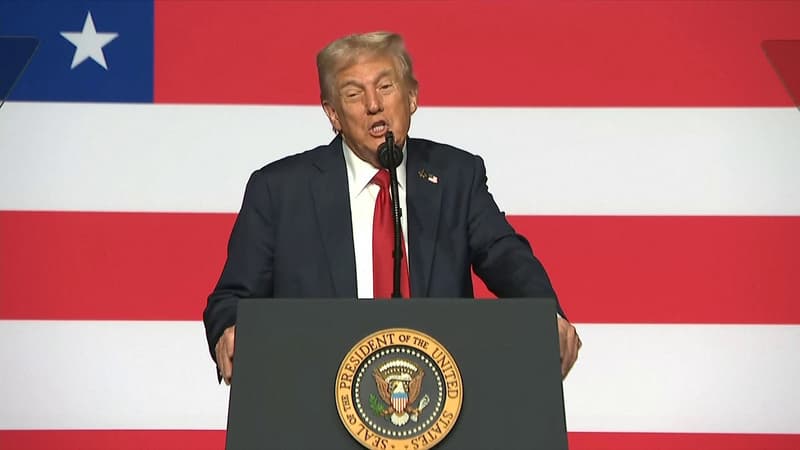A new episode of protest in the United States against ICE policy. The Trump administration announced that visa holders can now be deported due to certain comments on social media. But in response, several unions and associations have announced, for their part, their intention to challenge this measure in court.
One of them, the Electronic Frontier Foundation (EFF), filed a complaint denouncing greater surveillance of immigrants’ social accounts. According to her, this policy violates the freedom of expression of citizens and non-citizens.
This complaint aims to stop the State Department’s so-called “capture and revocation” policy, which threatens to revoke the visas of people whose publications, analyzed with the help of AI, are interpreted as support for terrorist groups such as Hamas. This definition is broad, as Donald Trump recently called the “Antifa movement” a domestic terrorist organization.
Given these measures, the protest highlights the risks of expanding digital surveillance, also affecting the families of immigrants, and warns about the impact on fundamental freedoms.
An extraordinary device
Therefore, this new episode occurs in a tense context around the United States Immigration and Customs Enforcement Service. On October 14, Meta announced that it had removed a Facebook page used to track the movements of immigration agents, at the request of the US Department of Justice, the company confirmed on Tuesday.
Earlier this month, Apple and Google also blocked the download of mobile apps that reported the presence of immigration agents, hours after the Trump administration demanded the removal of a particularly popular app.
The US immigration authority also wants to create a team that works 24 hours a day, 7 days a week to analyze social networks and thus facilitate its detention policy. In fact, it plans to hire around thirty private service providers in charge of analyzing social networks in order to extract information usable for its search and arrest operations.
These teams will search for publications, photographs and messages published on Facebook, Instagram, Tiktok, YouTube and other platforms, with the aim of transforming these public data into lines of investigation.
Source: BFM TV


